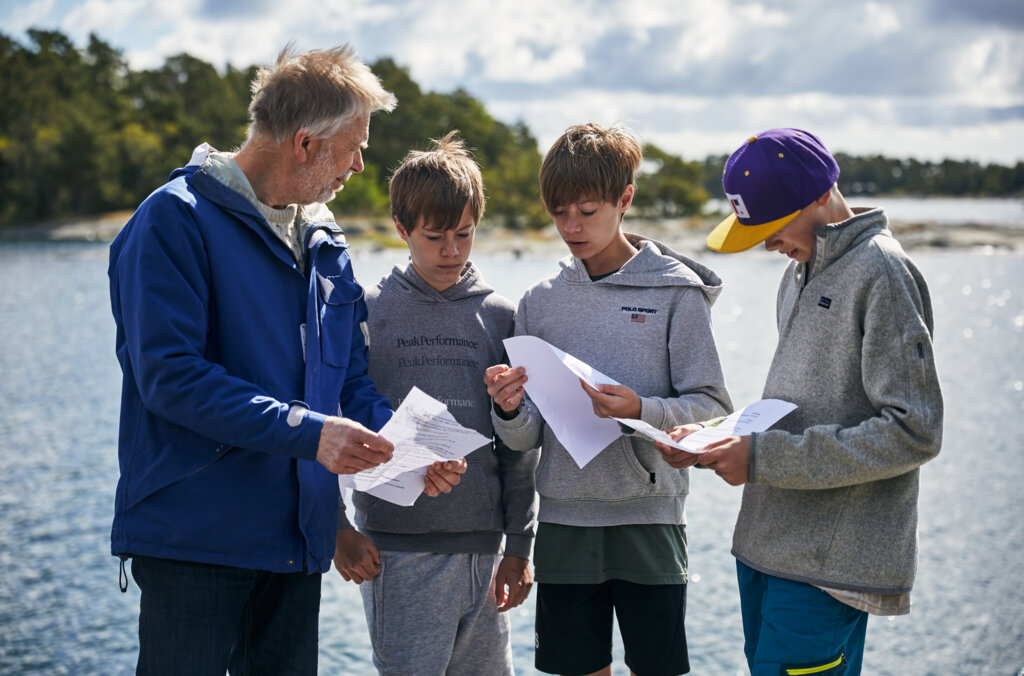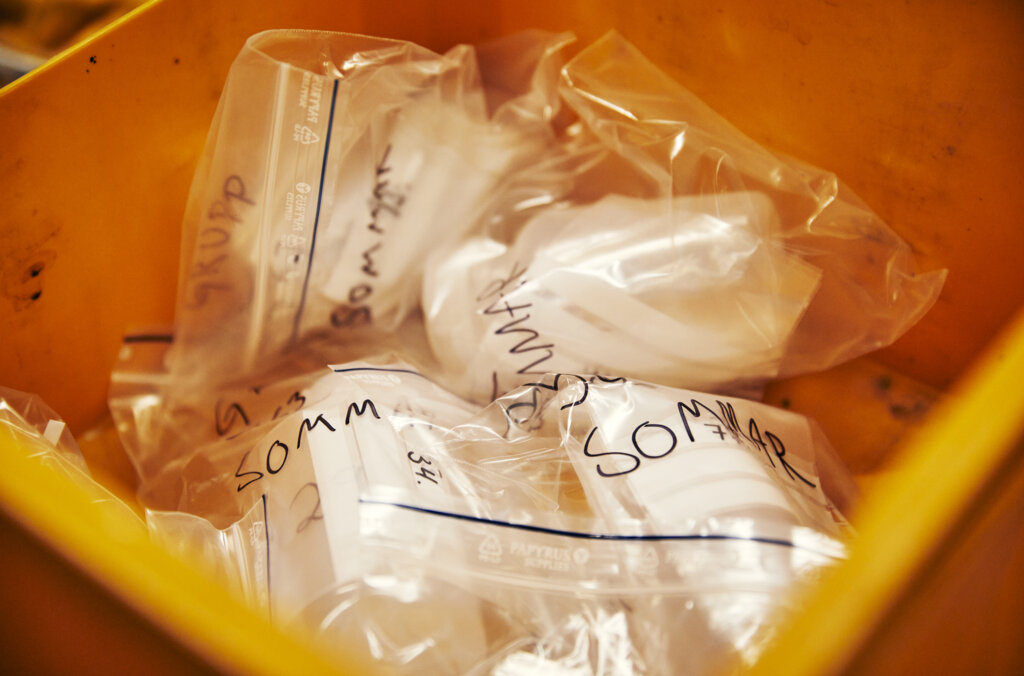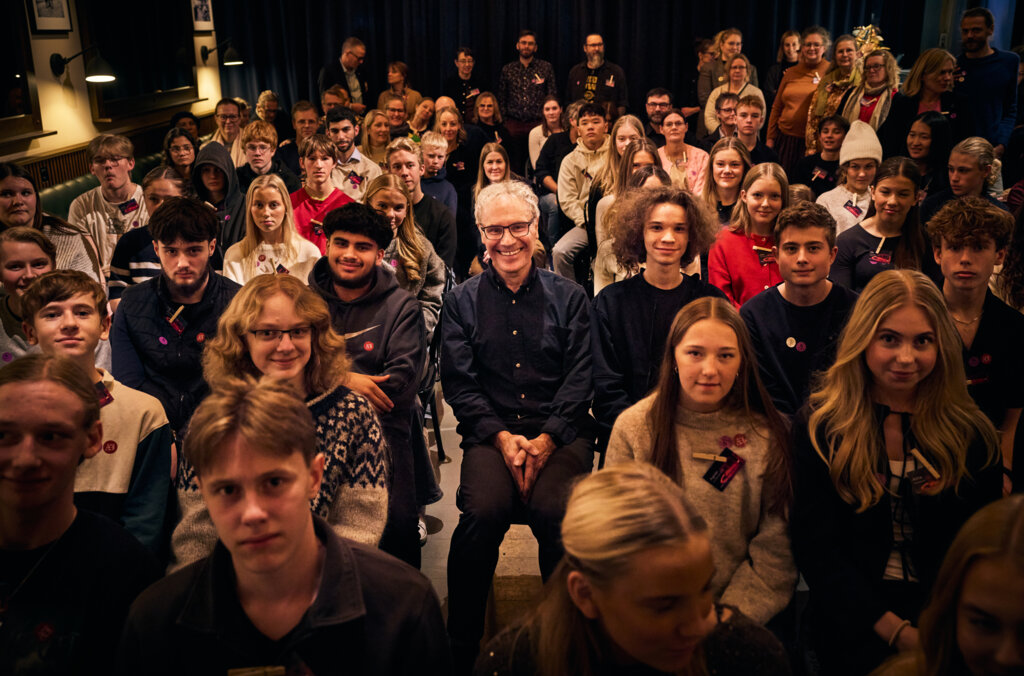
Help a scientist
Help a scientist is a project under the auspices of the Nobel Prize Museum that brings together scientists, students and teachers.
What is Help a scientist?
In Help a scientist, students are given the opportunity to try out real research in collaboration with top scientists in Sweden.
Students gain a deeper understanding of what a research project can mean, and at the same time, the scientists get some help with their research. Our hope is that the pupils and teachers can contribute together with a small, but significant, piece of the puzzle in larger research projects.
Help a scientist is funded by the Swedish Foundation for Strategic Research.
How does Help a scientist work?
In Help a scientist, the Nobel Prize Museum collaborates with scientists and schools all over Sweden.
One team of scientists per yearly project specifies a problem in their research area that they need help studying. The help they need is mostly in the form of collecting, processing and/or analyzing material and data. The scientists together with the Nobel Prize Museum produce a booklet with information about the scientific background to the project, a step-by-step manual on how to collect, process and/or analyze material, samples and data, as well as to how to produce a scientific poster.
The Nobel Prize Museum advertise in different media to get teachers to sign up to the project. As there is a limit of number of schools that can participate due to the amount of samples/data that can be analyzed within the time frame of the project, about 30 schools get selected to participate every year. A start-up conference is held at Nobel Prize Museum during the spring.


Why Help a scientist?
Much of the activity that is taking place today in the natural sciences curriculum of school students interested in science and research is that teachers or scientists narrate how research is done. Students then attempt a pre-prepared experiment. In Help a scientist, we want to reverse this approach.
Through Help a scientist, we want to give the students an opportunity to try out research for themselves, in a real research project. The students contribute with observations and collection of materials and data to an established science team working on a specific research project. Through active participation, students gain a deeper understanding of what a research project can actually mean.
“To be able to implement a project that the students understand and can participate in, as a scientist, you have to streamline, simplify and become very good at explaining what it is that needs to be done. It is very useful, and this practice-based combination of research and pedagogy, we believe, gives students a strong experience and increased understanding of what research can be.”
Palle Dahlstedt, Associate Professor at the University of Gothenburg, was the scientist in charge of the Music Hunt.
We are in the midst of a time of change. In many cases, the changes bring improvements, but it also means that we face a number of challenges.
What is needed for us all to live in a good way in our world? Research is a tool. For us to be able to find new solutions we need people who are creative, enduring and who love to solve problems! We need those who dare to think thoughts no one previously thought, go where no one has gone before, insistently look for where others have given up, and stick to their conviction with firm determination.

Contact
Please reach out to [email protected]